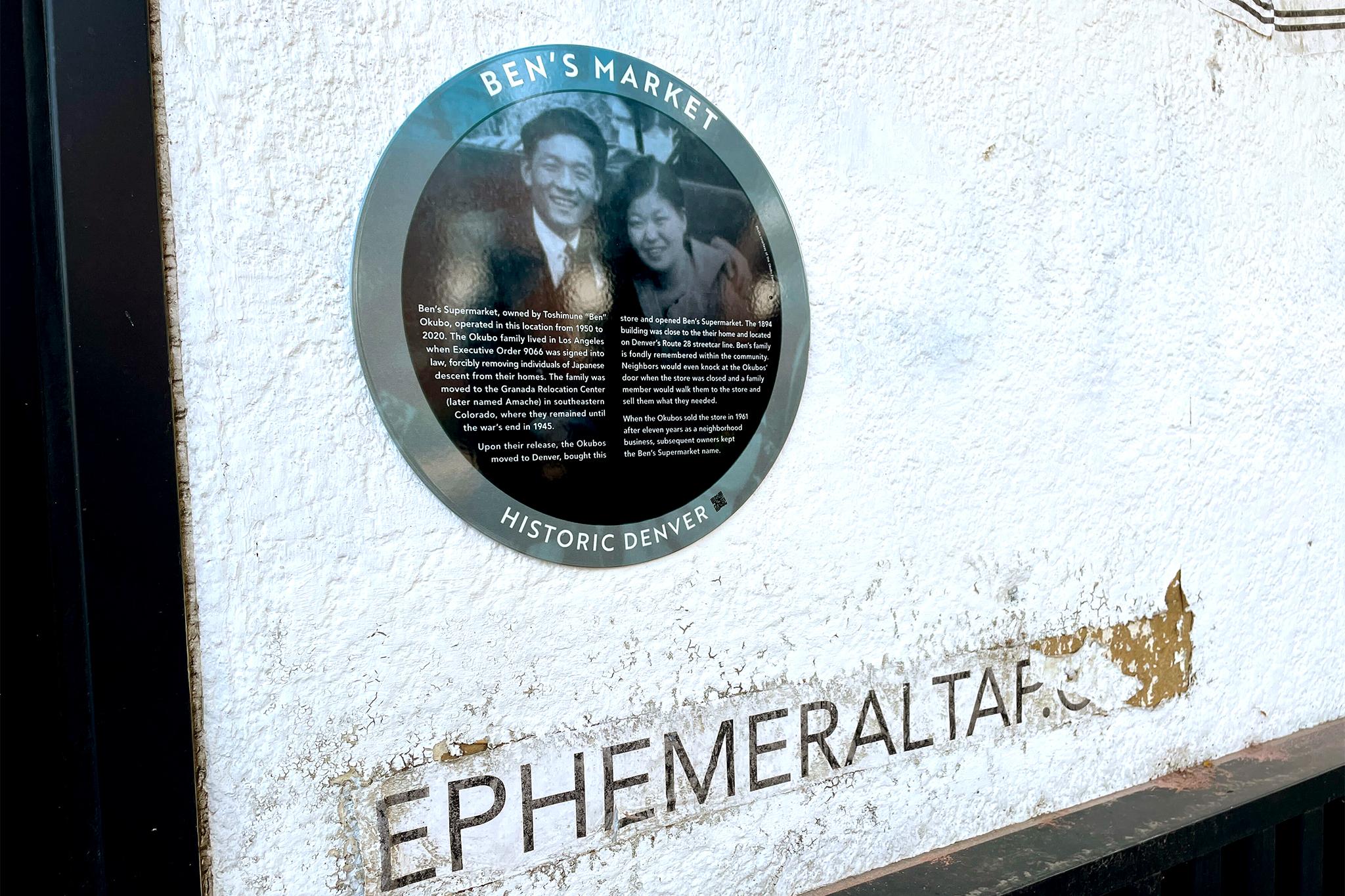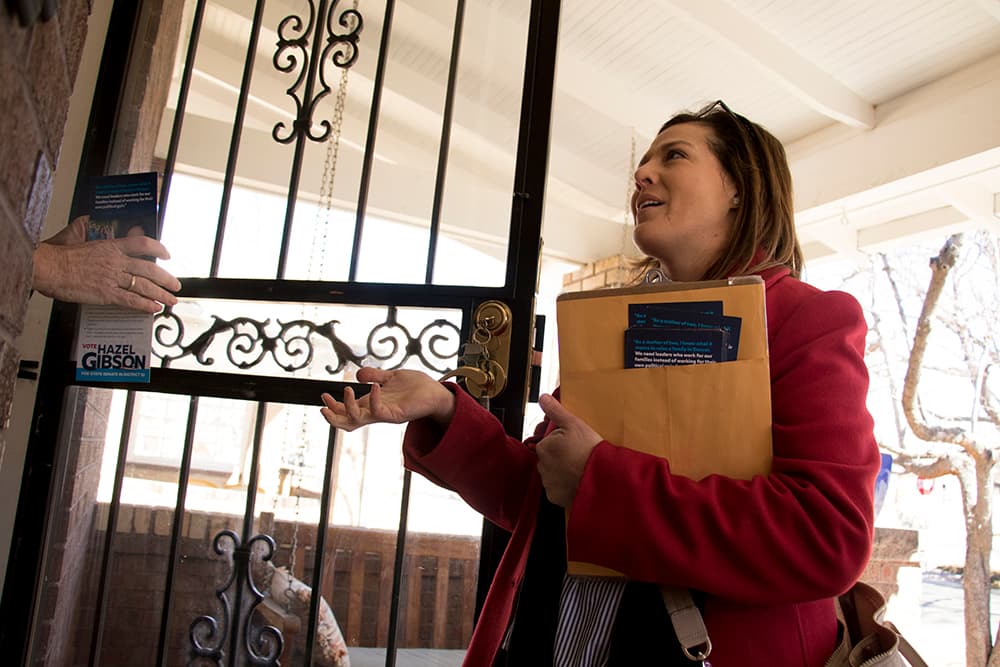
On a recent Friday afternoon, I decided that I should write something big about the state of liberal and progressive politics in Denver.
How would I do that? Well, for some reason, I emailed every candidate across four different state elections to ask for interviews.
An hour later, I realized that I had made a huge mistake.
See, I had embarked on this voyage of discovery for a couple reasons. It's a fascinating time in local politics. Four of the area's prominent elected Democrats -- Rep. Crisanta Duran, Rep. Dan Pabon, Sen. Lucia Guzman and Sen. Irene Aguilar -- are all hitting their term limits, leaving their seats open for the taking.
In response, dozens of young-ish candidates are rushing in, inspired both by the open seats and the wave of liberal energy that swept Denver after President Donald Trump's election.
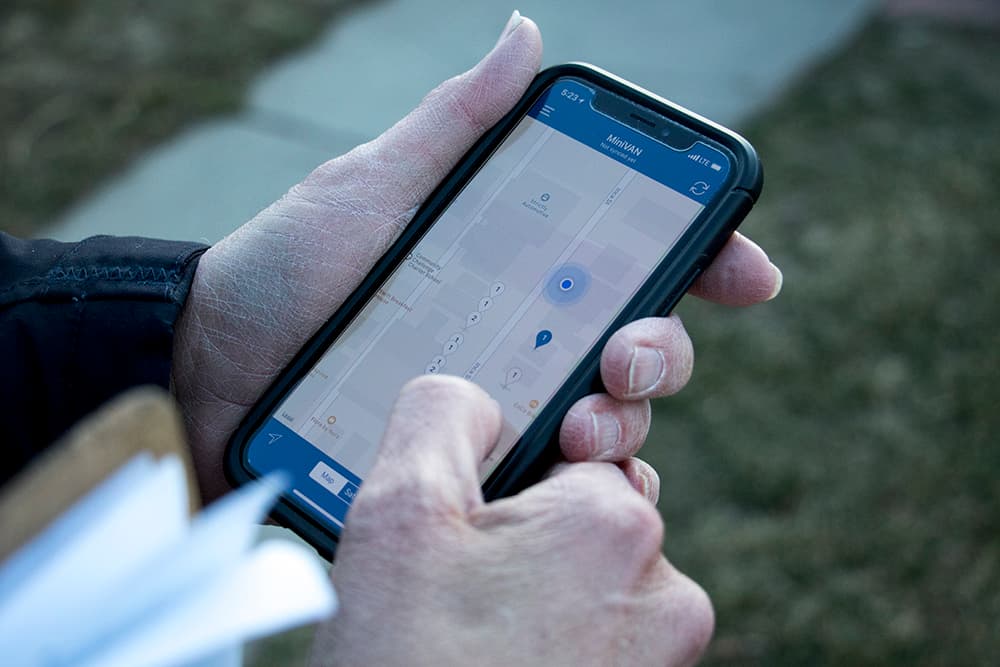
"Because we have such a high proportion of registered Democrats, the real election in Denver County is the primary," said Anne Murdaugh, former chair of the local Democratic Party. (She was speaking for herself, not the party.)
"There is always a hotly contested primary in Denver County when you have elected officials who are term limited."
My mistake, or so I thought, was that I had just volunteered myself to spend the better part of a week talking to way too many of them, and they all seemed on the surface to believe some shade of the same thing.
Our interviews, though, revealed a group portrait of the Democrats in 2018. Their differences are not just in policy, but also in the incredible range of their biographies. They were split, too, in their beliefs about what it means for Denver's districts to lose four Latino elected officials, with some candidates surprised or annoyed to face questions about how they would represent diverse communities.
And as they canvas the city, we'll see whether gentrification has affected the city's political calculus -- and get a glimpse of the people who could become the loudest liberal and progressive voices in the statehouse.
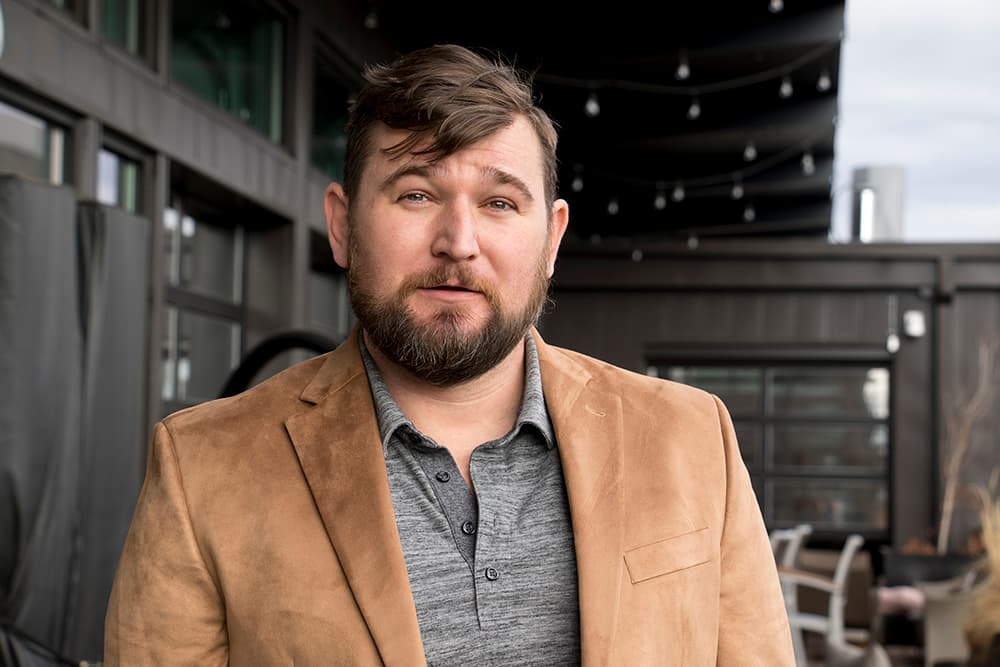
We're about to see what exactly it means to be a liberal in Denver.
In the election ahead, up to six candidates in each of these races will thrash out their values.
"It's the Wild West out here," said Gabriel Thorn, 35, a former special operations Army major running for House 5. "Literally everyone with a D next to their name is running as a 'progressive.' I actually got yelled at for calling myself 'the progressive candidate' in our race."
For many of the competitors, it's the next logical step after a year of protest. They've gone from marking up witty signs to examining election law and the caucus process.
"You can't spend your life being angry all the time. You can’t spend your life simply focusing on your discontent," said Jennifer Calderone, 47, a local Indivisible organizer who decided to run for Senate 34 as she saw her peers losing interest this summer. (She has since suspended her campaign.)
"I wanted to stand up for my community — now is a good time to stand up for communities, given what’s happening at the federal level," said Meghan Nutting, 37, a solar policy advocate and a first-time candidate in House 5.
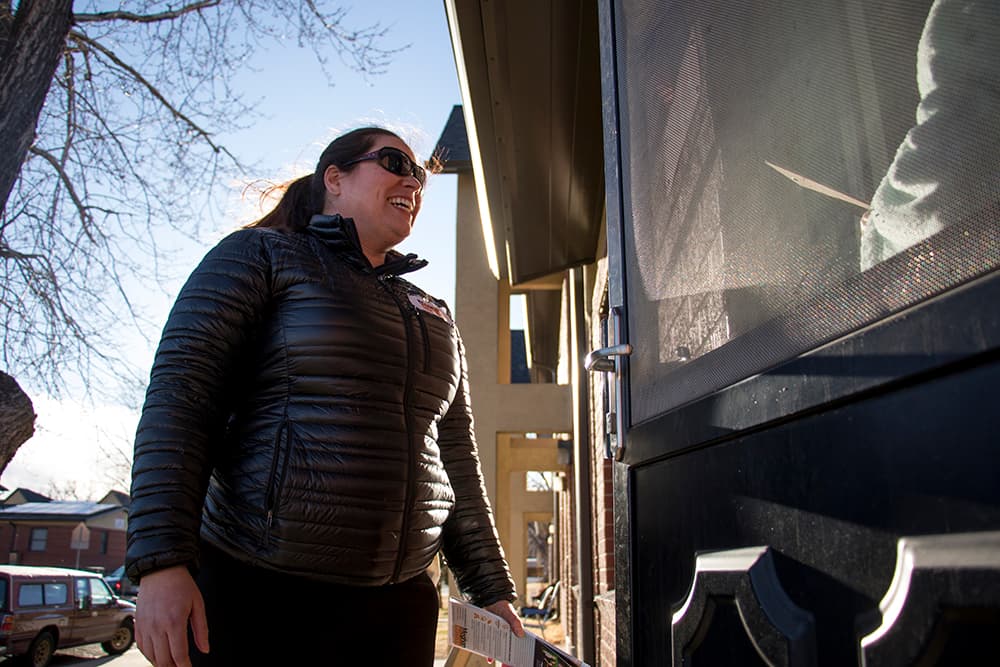
"There’s a lot more folks who are showing the courage to want to represent their constituents, their community," said Nicky Yollick, a 32-year-old community organizer who's also running for the first time in House 5.
Risa White, a 33-year-old candidate for Senate 32, said that she was dismayed by the national party's recent attempts to micro-target voters based on their identities. "I was very uninterested in being cast as a vote, just because I was a woman, for somebody, or because I was a progressive," said White.
Now, though, she believes that young Democrats need to replenish the party's ranks. She's funding her campaign with part-time work at the Whole Foods in Cherry Creek.
"I think it’s time to usher in that next generation before it’s this complete drop-off in who’s in charge," she said.
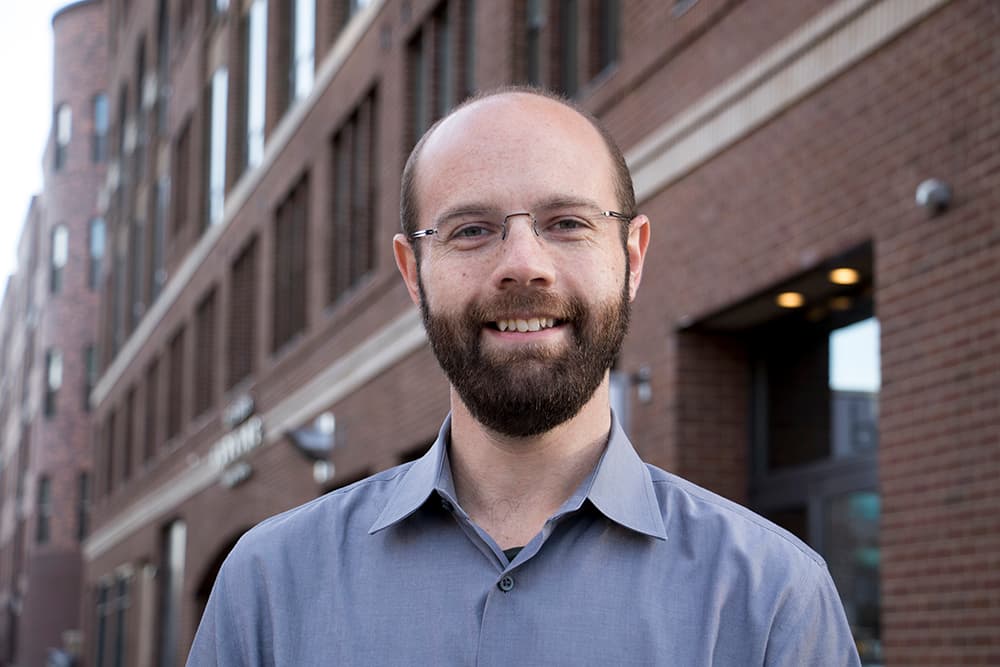
I'm the only...
The candidates have converged on a common set of issues -- they mostly talk about housing, health care, education, gun control, and justice reform.
Now they're knocking on thousands of doors in a race to distinguish themselves from the pack.
"I'm the only candidate that has sued President Trump -- twice," said Alan Kennedy-Shaffer, a military lawyer running for Senate 34. (Once over the travel ban, once over women's health care.)
"What distinguishes me from my other progressive opponents — I’m from that community. That’s where I learned to advocate for people that are being oppressed, advocate for myself, advocate for my family," said Serena Gonzales-Gutierrez, 36, a nonprofit director and candidate for House 4, referring to her work in the youth criminal justice system.
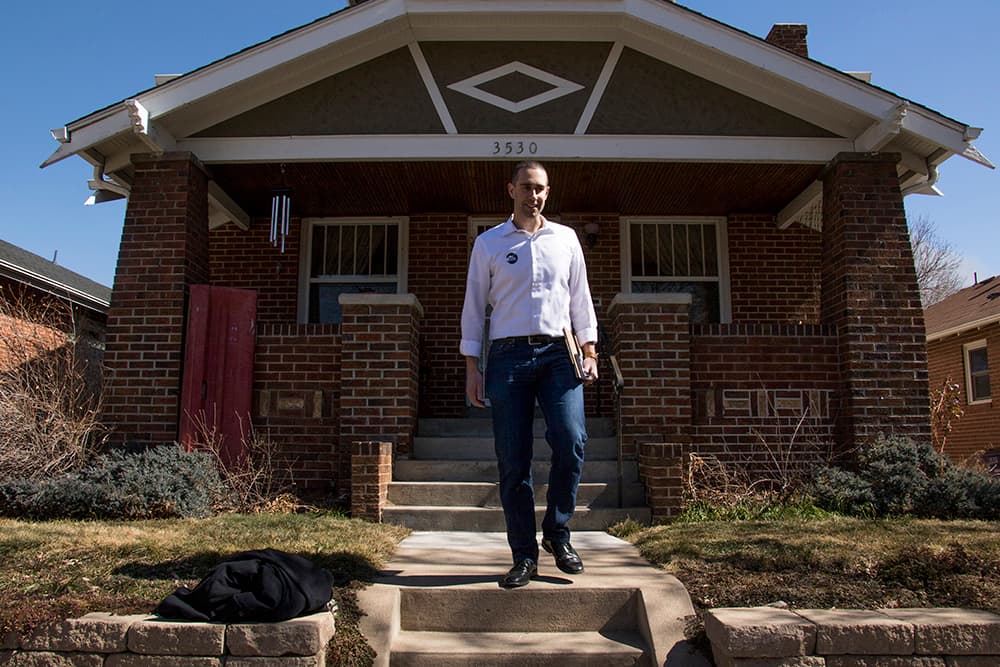
"I grew up in poverty. I was raised by a single mom. I had to fight really hard for everything I have today. I was just seeing all of these things that were being impacted by politics, that we were having to deal with," said Hazel Gibson, 35, an audiologist and a Senate 32 candidate.
"I'm the only person running who's created jobs, and lots of them -- and they're good-paying jobs," said Alex Valdez, 36, a House 5 candidate and solar entrepreneur.
"I’m the only candidate who’s an urban planner. I’m the only candidate who has worked in the community to develop affordable housing," said Jonah Weiss, 38, a Senate 34 candidate.
"I'm the youngest person running in the state," said Peter Smith, a 26-year-old in Senate 32 who does sales and development for a digital design agency. (He quit the party to run as an independent, believing Democratic officials have unfairly favored establishment candidates.)
And Joel Judd, an attorney running in House 5, is one of the only candidates with experience in office, having previously served in House 5 from 2002 to 2010.
"It gripes the heck out of me that stuff that I passed back when I was in the legislature, that I thought done and settled, is under serious attack," he said. "I’m going to protect what I did."
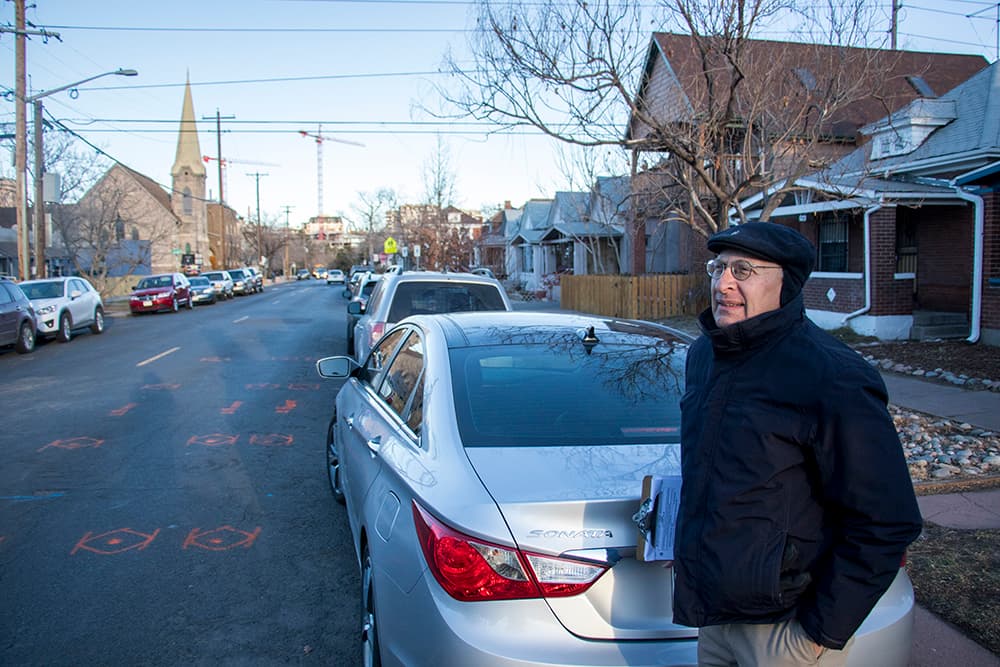
Northwest Denver's voter base has been changing — in age and in ethnicity. That's raising questions for some.
It's been nearly a decade since these seats were open. In that time, affluent young people have arrived in the city by the thousands, many of them landing in northwestern Denver -- including quite a few of the new candidates.
These new residents often are wealthier and more likely to be white than the older residents of their neighborhood -- but they still tend to skew liberal, according to several candidates.
"You would think that there’d be more divergence in what people wanted, but everyone seemed excited about affordable housing, and everyone seems excited about preschool — especially parents on both ends of the income spectrum," Weiss said.
"To be fair, I’m not knocking on Republicans’ doors," he added. (About 74 percent of Denver residents voted Democratic in 2016.)
That change in demographics, though, has some candidates asking whether low-income and minority communities will lose some of their political influence.
To Michael Kiley, a House 4 candidate, one of the election's central challenges will be to connect the new voters with longstanding communities.
"They tend to be progressive, but maybe their world is somewhat narrower. They don’t see the bigger world," said Kiley, 50, a software company manager who has previously run for school board.
"I'm excited to share the bigger world — they don’t know the history of north Denver, Chicano families who have been there for generations, who are struggling to just keep up."
Some candidates took a less conciliatory tone.
Smith, the 26-year-old independent, feels that the party's leadership has snubbed him in favor of Robert Rodriguez, whose father, Mannie Rodriguez, is a figure in national Democratic politics. (The local party says it doesn't take stances on primary candidates. Robert Rodriguez didn't reply to an interview request.)
"The Latino wing of the Democratic Party has a problem. They believe that only Latinos can represent Latinos. And that is the way that they are going to lose the power that they have built up in Colorado," Smith said.
"I’m very, very strong on Latino rights and immigrant rights. I'm going to 100 percent do everything that (current senator) Irene Aguilar would do. My top priority is to make sure Colorado’s a sanctuary state."
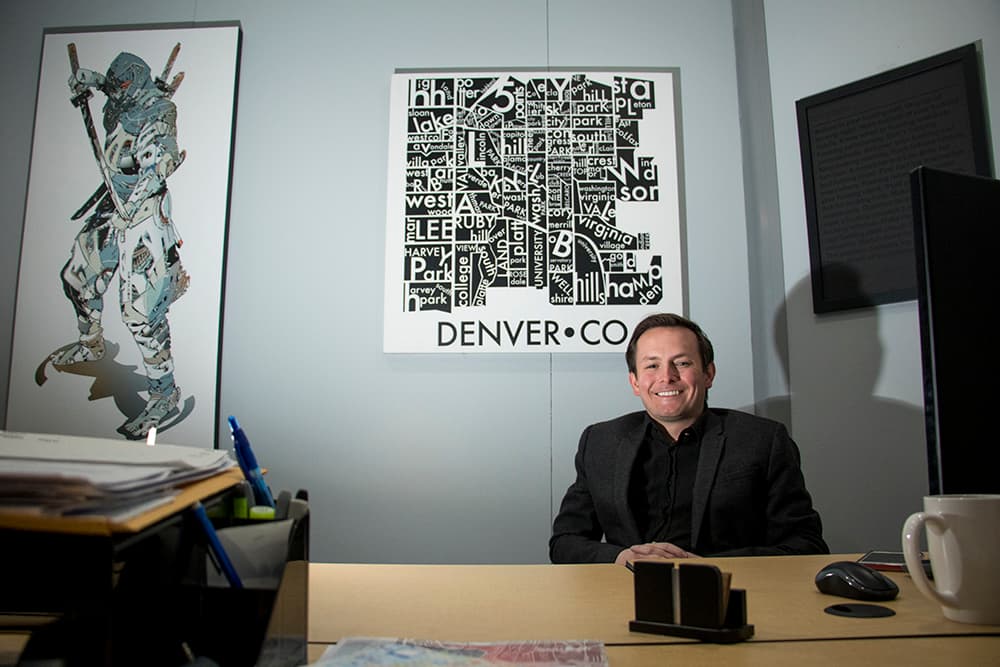
Calderone, who has suspended her campaign, said that she was surprised to have voters ask questions about her race.
"People did, to my face, say, 'How are you, as a white woman going to represent Senate District 34? '... It was kind of shocking," she said. The determining factor should be "trust and respect," she added, citing Aguilar as a model of local leadership..
Ed Britt, a House 4 candidate, said he was "tired of identity politics," accusing unnamed candidates of "carpetbagging" into his district and then running on their heritage. "They’re running on what they are instead of who they are," he said, while promising to represent all constituents.
Gonzales-Gutierrez described representation of Latino communities as an important but subtle issue. She understands the issues that those voters face, she said, such as the feeling of being followed by security at a grocery store, or the nuisance of voters confusing her with Julie Gonzales, a candidate for Senate 34.
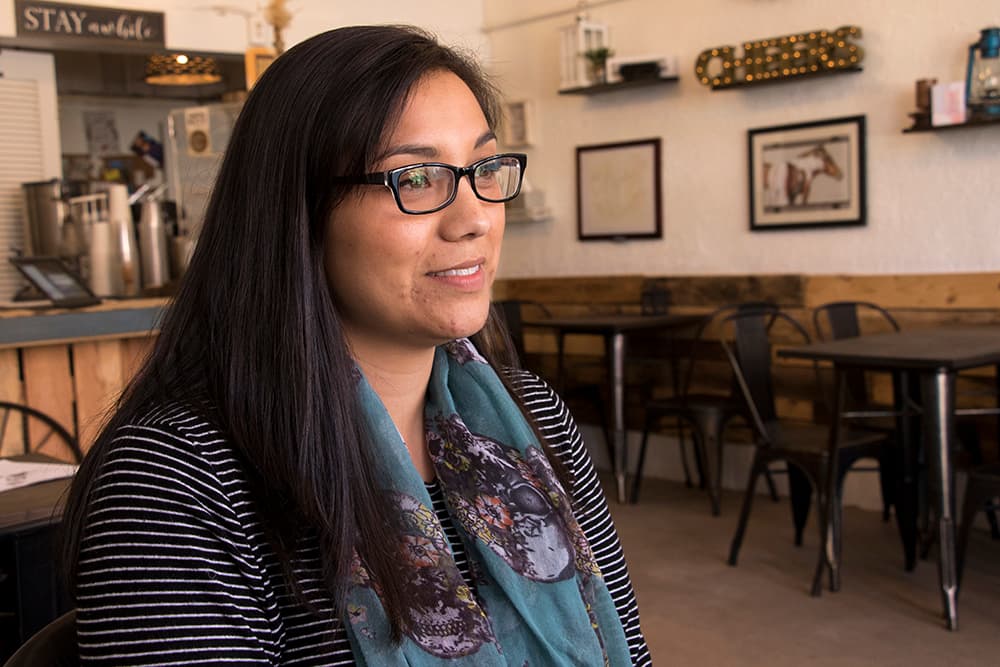
"I'm not running on the fact that I'm Latina. When I get up there and I talk about who I am, I actually talk about my experience in the community, and not, 'I’m Latina,'" she said. "Because you know what? They know that."
And Julie Gonzales, policy director for an immigration law firm, said that she feared the area's changing demographics could erode a "stronghold for the Latino community."
"In 2010, in 2011, we had this big push to ensure that communities of color and immigrant communities turned out in the Census and fought for equitable district maps ... and I think that that work helped to elect candidates that reflected the diversity of the state, and we saw more candidates of color and saw more women being elected," she said.
"And now, particularly, here in Denver proper, with such a tremendous wave of growth taking place, I really think that there is a question as to whether we will continue to make progress or hold onto the gains that have been made," she added.
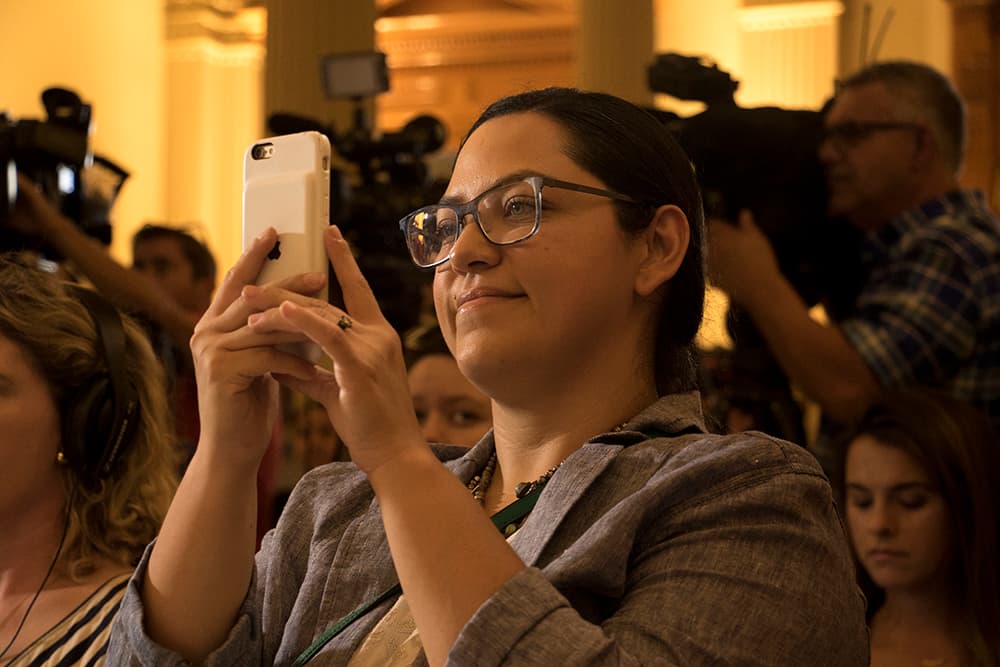
In general, candidates said that they would strive to connect with and support people across their districts. "As a progressive candidate, my policies affect the working class, which communities of color make up disproportionately," Thorn said.
"The affordable housing crisis is an equal-opportunity crisis, and yet the ways in which it impacts families of color and particularly low-income families of color — it’s a double-whammy," Gonzales said.
"Not every single family of color is a low-income working class family, but, proportionally, too many Latino families continue to persist in poverty and are living paycheck to paycheck."
Denver's role in the statehouse
Denver's supposedly a safe Democratic district. These races won't get a ton of attention. Once elected, there's little chance that the winners will be unseated anytime soon.
So, what exactly will the role of these new legislators be?
Many people say that Denver legislators are the party's vanguard, pushing forward new ideas -- Rep. Leslie Herod, for example, is trying to get supervised drug-use sites legalized in order to minimize opioid deaths.
There's "a huge opportunity for the people who represent these districts to be able to take risks that legislators in more purple districts can’t," Nutting said.
Aguilar agreed. "If I see someone elected into a Denver seat who’s pretty moderate and wishy-washy on Democratic values, I feel like that’s a lost opportunity," she said.
Several of the candidates have described themselves as "progressive champions," or some variation of that. "We need someone who's going to be forward-looking and not afraid to take the fight to Trump, to Gardner, to the NRA," Kennedy-Shaffer said.
But some are searching for centrist positions, too.
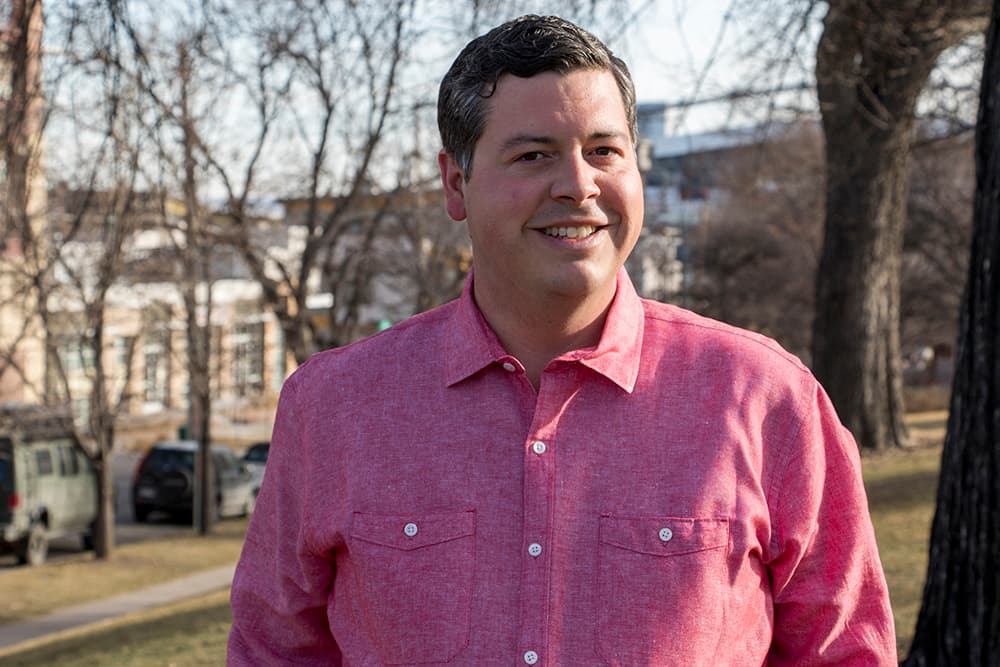
"I think a lot of people have been turned off in the party system in general. The partisan fighting has been a turnoff," Valdez said.
"I'm hoping to be an independent broker," Peter Smith said. "I believe that my agenda will be progressive, but it’s not going to always align with the party."
Milo Schwab, a 32-year-old attorney running for Senate 34, said that "the question is effectiveness, temperament."
He asked: "Do you view yourself as a rubber stamp, and simply just a vote for the most liberal thing you can vote for, or do you view yourself as a problem solver, a policy builder?"
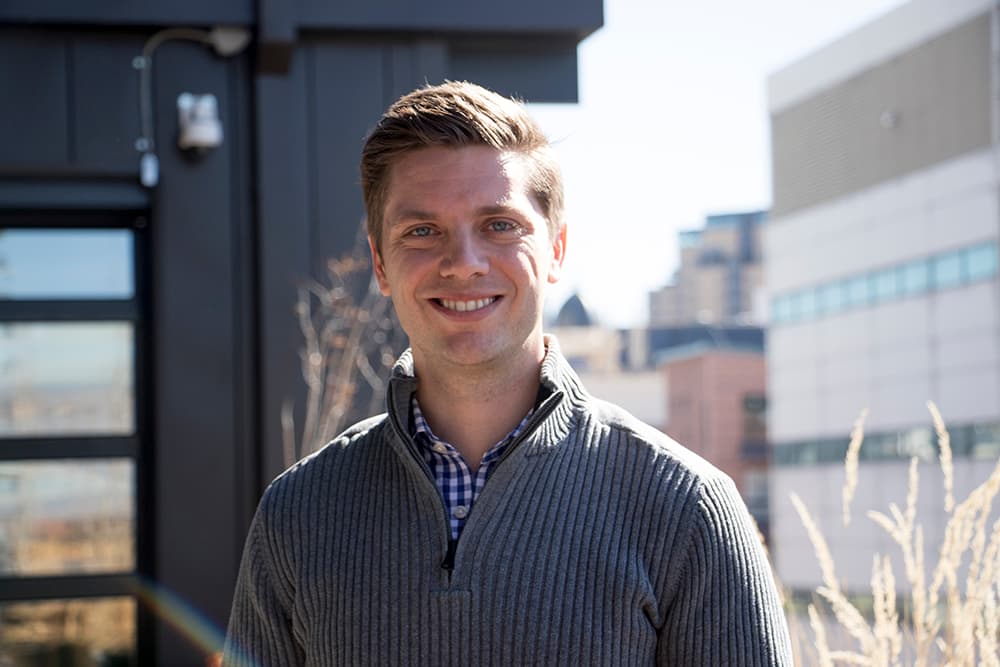
The young candidates have a long way to go.
Most of the candidates plan to petition onto the ballot. Some, like Gonzales, have already submitted the required number of signatures and have nearly secured their spots on the ballot.
Others are still gathering their petitions, while Risa White hoped to convince enough delegates to support her through the caucus-and-assembly process.
Together, they will knock on hundreds of thousands of doors before the primary election on June 26. There's a decent chance that you'll meet one. And as this race winds up, the Democratic Party will find out whether its young hopefuls can win over the party's base and attract new voters.
As Kiley put it: "Really, to me, the question is, can the Democratic Party inspire these younger generations?"
To follow along with Denver's statehouse races, including more detailed profiles of these candidates, subscribe to our newsletter.
Correction: Thorn was in special operations, not special forces, for the U.S. Army.








